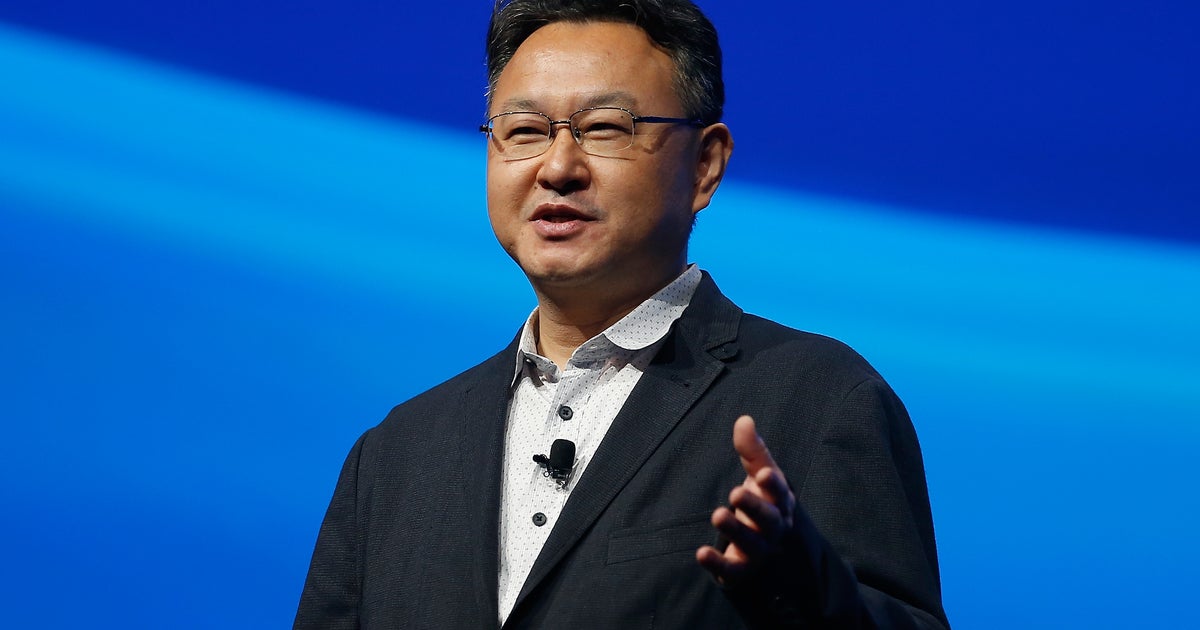Long-serving PlayStation exec and head of the platform holder’s Independent Developer Initiative Shuhei Yoshida is optimistic about the possibilities of generative AI – especially for indies.
Earlier this week, we spoke to Yoshida ahead of him picking up the BAFTA Fellowship award. While the conversation mainly focused on the future of indies and what PlayStation is doing to welcome more studios onto its platform, we also picked his brain on some of the trends and hot topics being discussed in the industry.
When it comes to generative AI, technology that enables developers to generate art assets, text and more with a text prompt, Yoshida believes it opens up a lot of opportunities for smaller studios.
“I am so excited for what these tools can do, especially for smaller teams or even individiuals,” he told GamesIndustry.biz. “This morning, I was taking pictures of student games in a competition I was judging and one game created by a small number of students looked amazingly beautiful. They used MidJourney to create the assets, so it’s happening.
“Those AI tools will be used in the future, not just for creating assets, but for animations, AI behaviour and even doing debug. I’m so excited about how game developers will make use of these tools to create some game experiences that were not possible in the past. So I’m a huge fan.”
Generative AI has seen some negative feedback from across the industry in recent months, as there are folks who are concerned it will lead to jobs being replaced. Yoshida does not share this concern.
“The nature of jobs change,” he acknowledged, “but this is still a tool. A human being has to use the tool smartly. We’ve seen graphics of people with three arms created by AI, so it’s a smart tool, a powerful tool, but it’s always a tool and developers have to learn to use the tool.
“The change will be the output, or the amount of output, but I’m not worried about that.”
We also discussed the changing price points of video games with him. While he did not discuss whether the $70 tag adopted by many AAA games now will become the standard, he did suggest it may mean indies could charge more for their work.
“I think it helps, as it creates more space for indies to price their games,” he says. “Some quality indie games are priced at $40, and people are happy to pay for that price, so I think it helps.”


